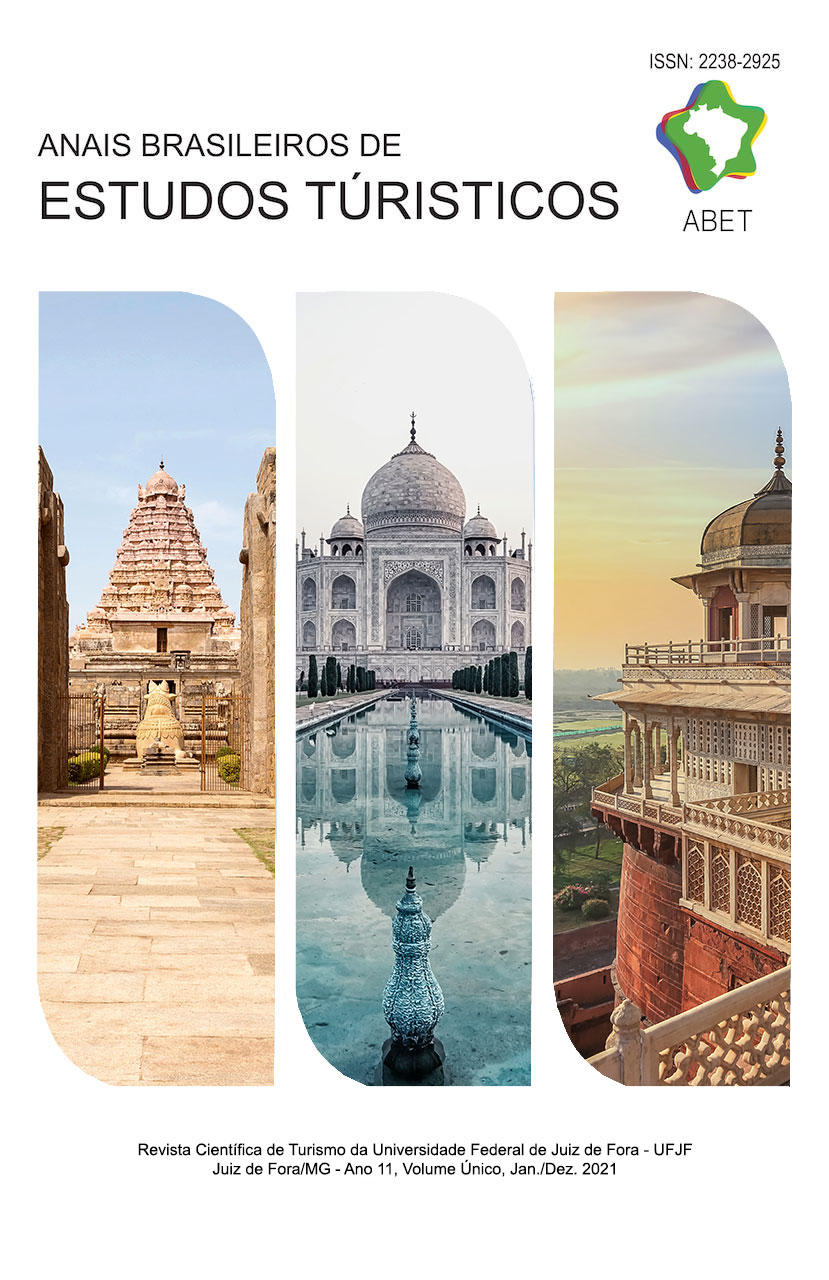Authenticity Paradox: an Examination on Local Gastronomy
DOI:
https://doi.org/10.5281/zenodo.5771024Abstract
Local gastronomy offers authenticity, an important element of tourist experience. However, some tourists cannot experience gastronomic products in their exact authentic forms. This issue causes from tourists' typology, importance level of gastronomy, and quest for authenticity. For serving widely variated tourists, producers of the local gastronomic products make changes in the essence of products. Current study aims to investigate changing process of gastronomic products’ authenticity which are served in the context of tourism, and to develop an understanding on causes and costs of deterioration. Methodologically, existing literature had evaluated with conceptual inferences. As the findings propose, the changes start with touristic exploration which is followed by tourism-related deterioration. After deterioration, if process of recovery conducted, turning back to the exact form of authenticity does not seem possible. The alternative forms of authenticity are most likely to occur. Additionally, mistaken perspectives like considering recovery preventions as short-term actions can lead the deterioration again, like a loop. Raising awareness for prevent this loop is this study's critical proposition to destinations. Opening new horizons for the phenomenon of authenticity and overthrowing the idea that see tourists as the sole reason for deterioration are the contributions to the literature. The changes that lead deterioration are responsibility of locals, too.
Downloads
Published
How to Cite
Issue
Section
License
Copyright (c) 2021 Anais Brasileiros de Estudos Turísticos - ABET

This work is licensed under a Creative Commons Attribution 4.0 International License.
This journal provides immediate open access to its content, following the principle that providing free scientific knowledge to the public provides greater democratization of world knowledge.
Authors must agree to the following terms relating to copyrights:
(a) Authors keep all copyright and grant the to the journal the right of first publication, with the work simultaneously licensed under the Creative Commons Attribution License that allowing job sharing with recognition of authorship of the work and initial publication in this journal.
(b) Authors are allowed to assume additional contracts separately, for non-exclusive distribution of the version of the work published in this journal (e.g. publish in institutional repository or book chapter), with recognition of authorship and initial publication in this magazine.
(c) Authors are allowed and are encouraged to publish and distribute their work online (e.g. in institutional repositories or on your personal page) since they do not do this before or during the editorial process, as this can generate productive interchange, as well as increase the impact and citation of work aired. (See Effect of Free Access).















